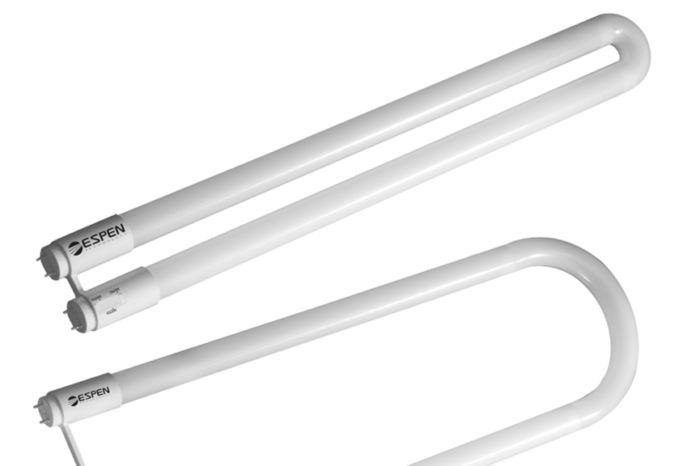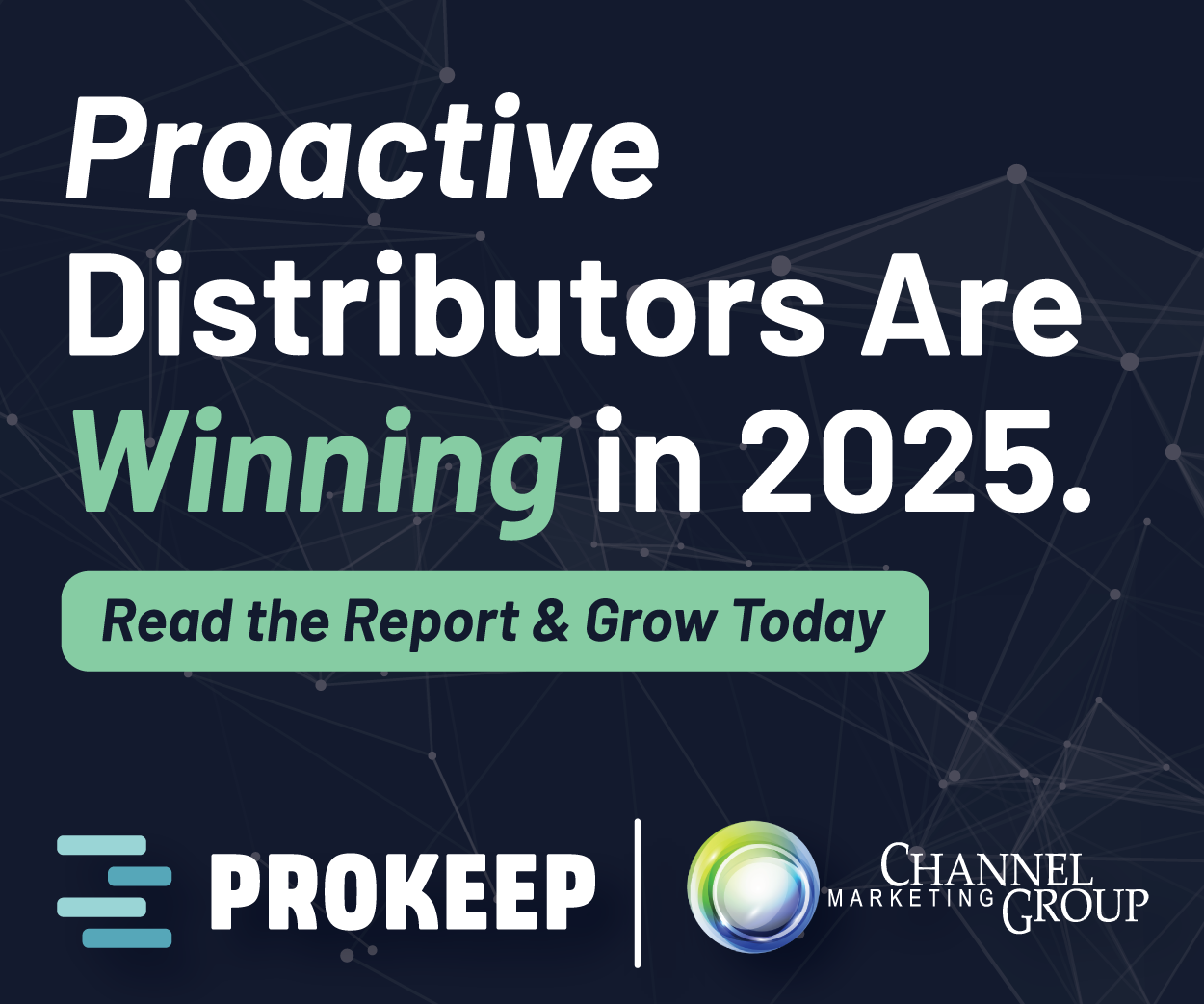Should Independent Reps Be Committed to Electrical Distribution?
 I read a statement that in the history of the United States, there have been 4 events that have most significantly changed the life of our inhabitants: The Revolutionary War, the Civil War, the Vietnam War and COVID.
I read a statement that in the history of the United States, there have been 4 events that have most significantly changed the life of our inhabitants: The Revolutionary War, the Civil War, the Vietnam War and COVID.
Please consider that as a Water Safety Instructor many years ago, the most important lesson I could give my students was that a drowning victim will do anything to survive, including pushing the person coming to rescue them by pushing them down so that they can breathe and live.
And with our nation celebrating its 247th birthday next week, it got me thinking about … independence.
What do these three thoughts have to do with each other?
The rep / distribution relationship has changed over the years.
Manufacturers Use Multiple Channels
Nowadays many electrical manufacturers go to market through multiple channels. In fact, Channel Marketing Group research, coupled with data from DISC and EMR, suggests that “electrical distributors” represent only 60% of the total electrical component sales in the US.
Consider, this 60% does not include sales via companies like Grainger, Zoro, Motion Industries, Ferguson, MSC and others that do not have the same NAICS code as electrical distributors. And NAED members represent a sub-segment of this 60%. I was told that 10-15% of power transmission, plumbing and HVAC distributor sales are for electrical products. I didn’t know.
Some manufacturers have a distribution salesforce, a utility salesforce and at least an OEM salesforce. Some have a specific salesforce for different distribution channels (i.e., electrical, electronic, HVACR, plumbing, etc.) Why do they separate?
There are good reasons for each, and electrical distribution does not have the reach, hence they do not think their electrical rep has the reach.
Further, general contractors are now purchasing larger jobs direct, bypassing distribution. This increased during COVID amid longer lead times by the lighting and gear manufacturers. As one GC told me, “Why go through electrical contractors and pay them extra when it takes so long to get the product? We often know before we choose the subs what material will be needed from who, so we can do it ourselves.” Larger dollars remain with contractors, especially with timing being so important. How many distributors are selling general contractors?
These manufacturers have access through their specification effort. And more manufacturers are adding spec people to reach GCs, EPCs and engineers.
So, why do manufacturers sell through multiple channels … because their customers buy through different channels, and they want to be where the customer is. They do not want to drive the customer to a specific channel.
The business has become more diffused, just like it has in other industries. For example, a friend of mine owned a successful regional electronics distributor. He recently sold it. I asked him why he sold with his son in management and seemingly his eventual replacement. He responded that his manufacturers were selling his larger accounts directly, leaving him with accounts that needed either too much daily handling, were too small for them, or those who the manufacturer felt were not credit worthy.
Today’s Rep
The manufacturer representative of today is far more qualified than years ago. They have trained and qualified specialists both inside and outside. Whereas when I started, we had a finite number of customer – distributors – and few manufacturers had products that were able to be specified so the need to call on contractors and industrial end-users was minimal. Today every manufacturer has multiple products that can be specified by either product, or the services provided. Therefore, the number of customers to contact is infinite and manufacturers both large and small have expectations that must be met. Larger payrolls and more services to provide means more income necessary for survival, and the good will survive.
NEMRA’s 2020 “ Rep of the Future” report asked distributors, manufacturers, and representatives “What are the top 3 most important rep activities?” Each group stated, “sales calls to end-users.” HOWEVER, the distributor’s response was joint-sales calls with our salespeople. Both the manufacturers and representatives stated end-user calls without distribution. WHY THE DIFFERENCE?
And the sales process has changed. Manufacturers realize that they need more influence at the end-customer to influence, and control, the sale. Many, when speaking hon don’t view distributors as sales partners as specs are now rarely held as distributors seek to “value engineer” to win an order on price. Manufacturers recognize that to influence specs, build their brand, and control costs, they need to be at the buyer or influencer and are pushing their reps to fill this role, as few distributors do this well. This is an area where it is more efficient to have fewer channel salesforces who are better trained and understand corporate initiatives. Hence this is an opportunity for reps. But should they be beholden to bringing this business through distribution if previously the manufacturer would not? Should reps support manufacturer strategies or succumb to distribution leverage? What about representing lines that want end-user / contractor / engineer visibility but because of the nature of a very technical sale, and a large sale, do not see any value in distribution and want to sell direct?
Is a rep an “independent rep” or is a rep a sales agent committed to supporting electrical distribution?
Should a rep be “free” to sell to any channel that wants to buy electrical products from the supplier? Should they be open to representing manufacturers who want to sell direct?
Communication
Years ago, my company lost a major OEM account where we did over $4 million. We had generated, and secured, a product specification. The owner of the OEM called me into his office and stated that if we would not sell him directly, rather than through a distributor, he would eventually find a substitute. We did not; he eventually found his substitute. Not only did the distributor lose but our agency lost a six-figure commission. My factory supported our decision to say “no” to him, but we lost business that could have been retained. Should we have?
Years ago, an analogy used in our industry by NAED and NEMRA was the industry was a “three-legged stool.” Is it? Where are most manufacturers? Where’s NEMA? We support each other but without each other, at least one fails. Today, it is imperative that we understand and communicate what each of us needs to be part of that stool, and understand that, sometimes, not every customer wants to sit on the stool. We each need to survive.
In many areas distributors have a negative attitude toward lighting reps who “sell” packages and will quote directly, adding a margin for distribution. Lighting reps state that if they are the ones doing the specification on the packages, distributors will try breaking the specs so that they can make more profit, so why give them the opportunity. In other words, why invite “value engineering” if the end-customer is already happy with the offering and the price? Lighting representatives are not the only ones doing specification work and the additional costs taken on by representatives mean they need additional incomes. Good reps will survive, and they can be on your side or working against you. A word of advice to distributors – communicate, evaluate, and make sure the good representatives are part of your team while understanding their needs as well as your own.
What If There Is No Role For Distribution?
Last year David attended the NECA convention and saw a number of exhibiting manufacturers that do not sell through manufacturers (or reps). Further, over the past couple of years Channel Marketing Group has been contacted by a manufacturers who do not sell through distribution due to the technical nature of their product, the value of their sale, their ability to handle credit and a lack of need for local inventory. They don’t see the need for distribution, but they need a sales organization. The question then becomes …
Should independent electrical manufacturer representatives be limited to selling lines that go through electrical distribution or should they be open to considering lines that desire to go direct?
Questions to Consider
So, given a changing market, should independent electrical representatives be:
- Beholden to only selling via electrical distribution?
- Should they call on other types of distribution that sell electrical material? (and yes, they would need to negotiate this into their contracts)
Should they be open to selling direct to
- General contractors?
- OEMs who request it?
- For manufacturers who do not want to sell through electrical distributors?
Manufacturer’s representatives: what are your feelings towards selling directly? Would you consider representing a manufacturer that does or will not consider you unless you do?
Should independent manufacturer reps be free to choose the channels they serve (within the bounds of their supplier agreements?)























